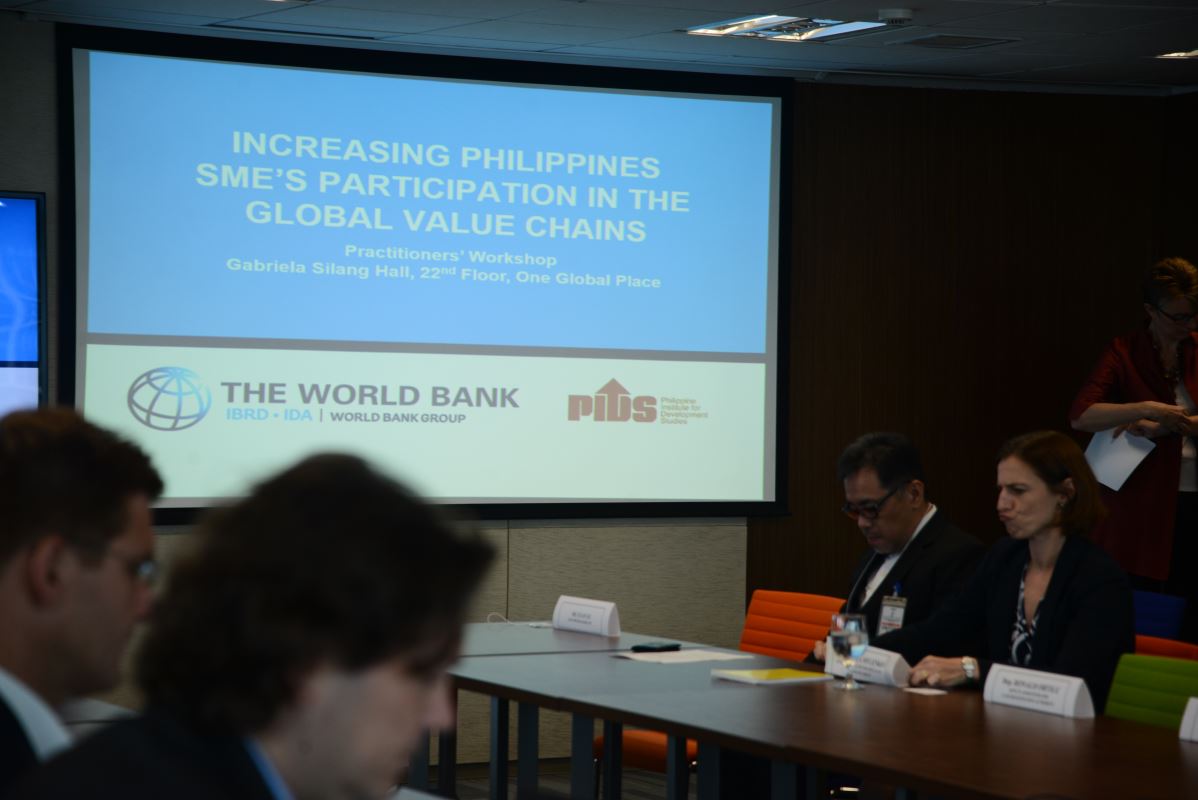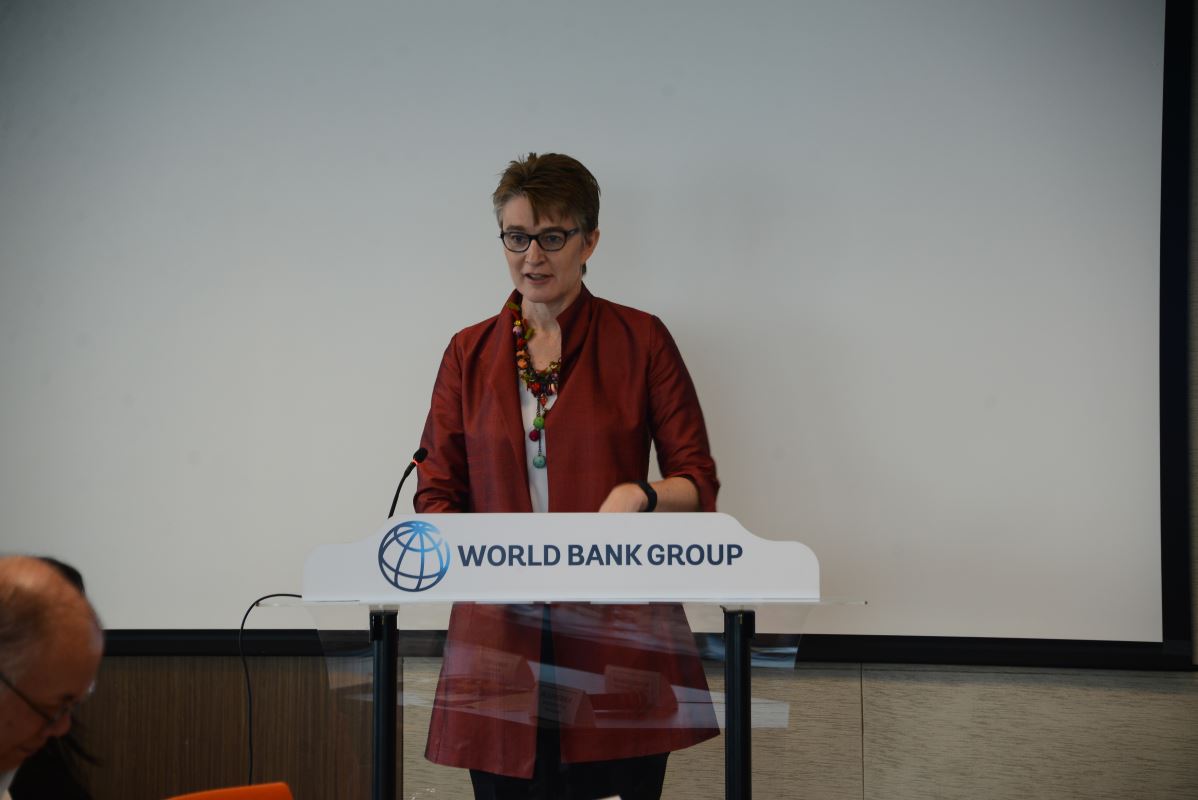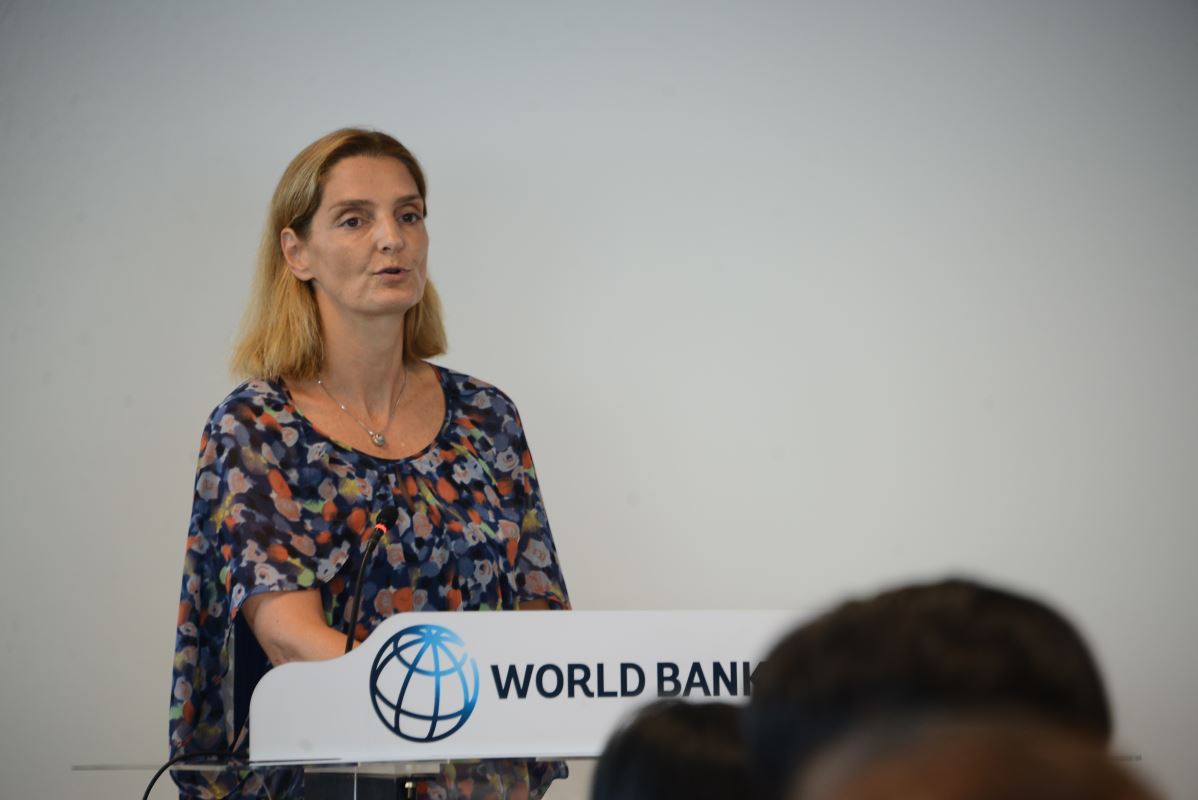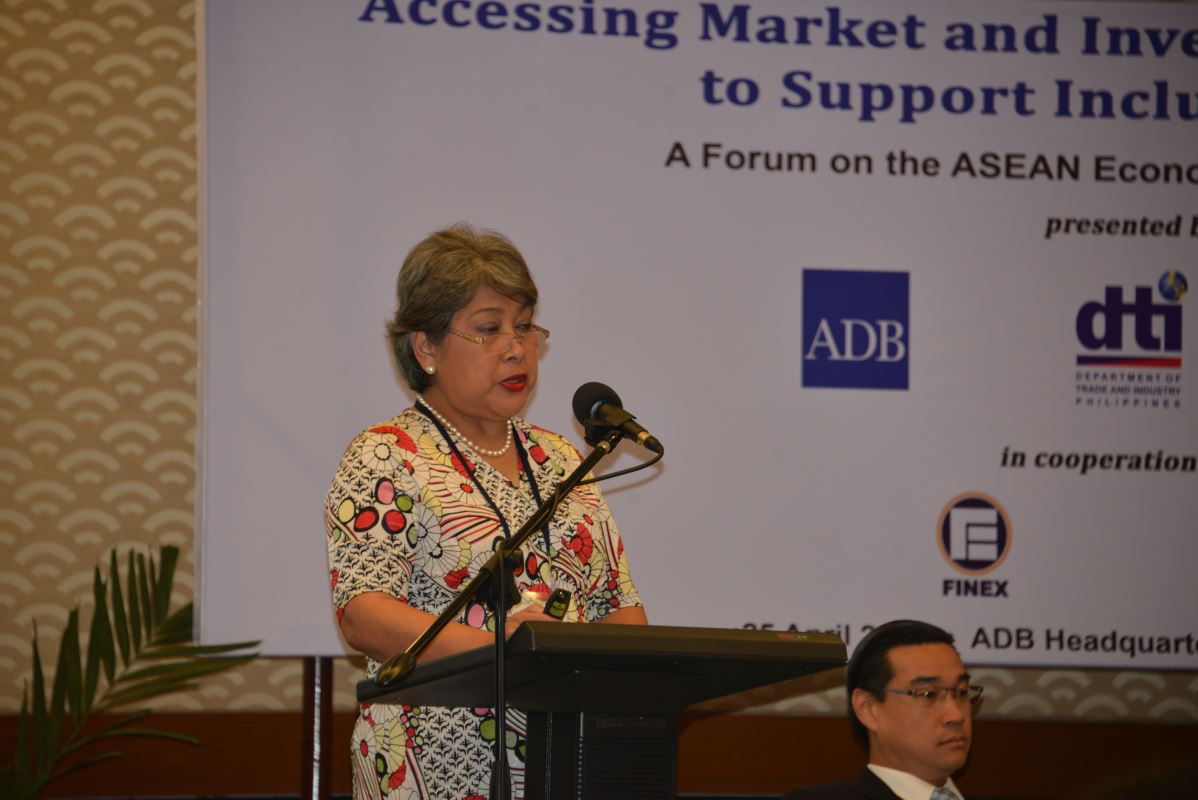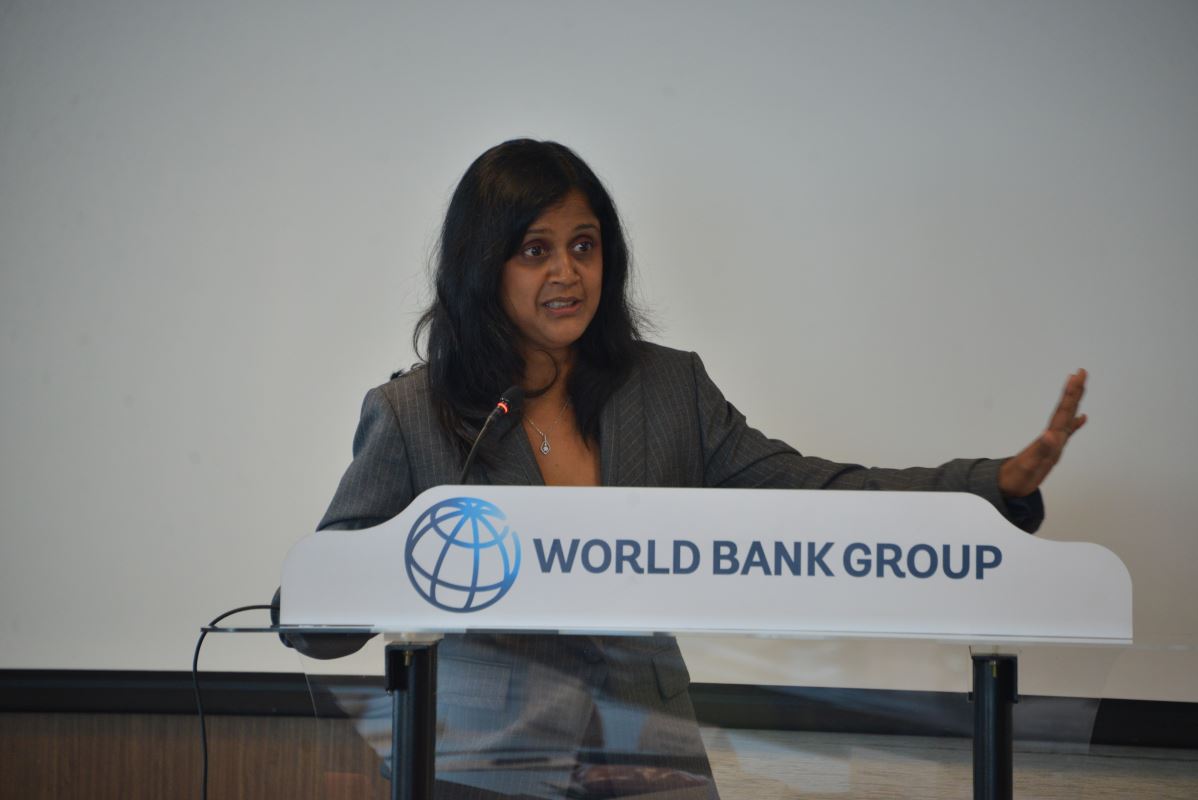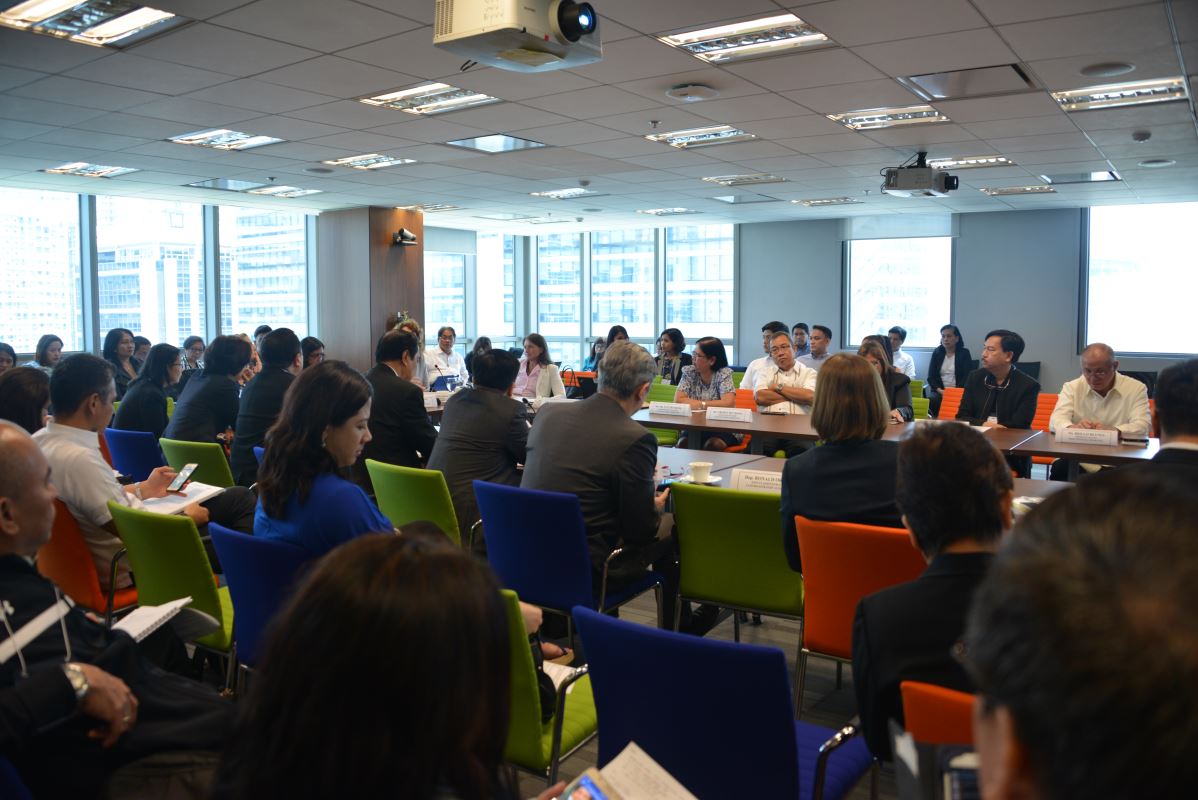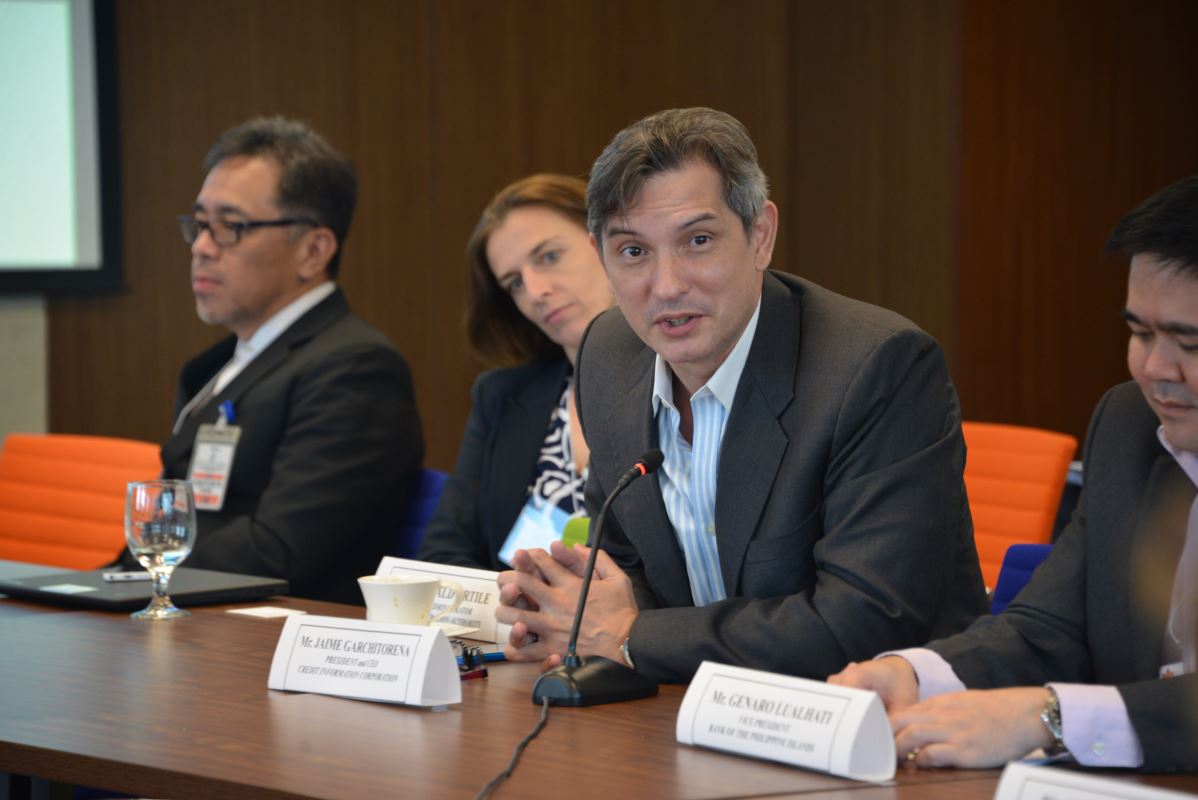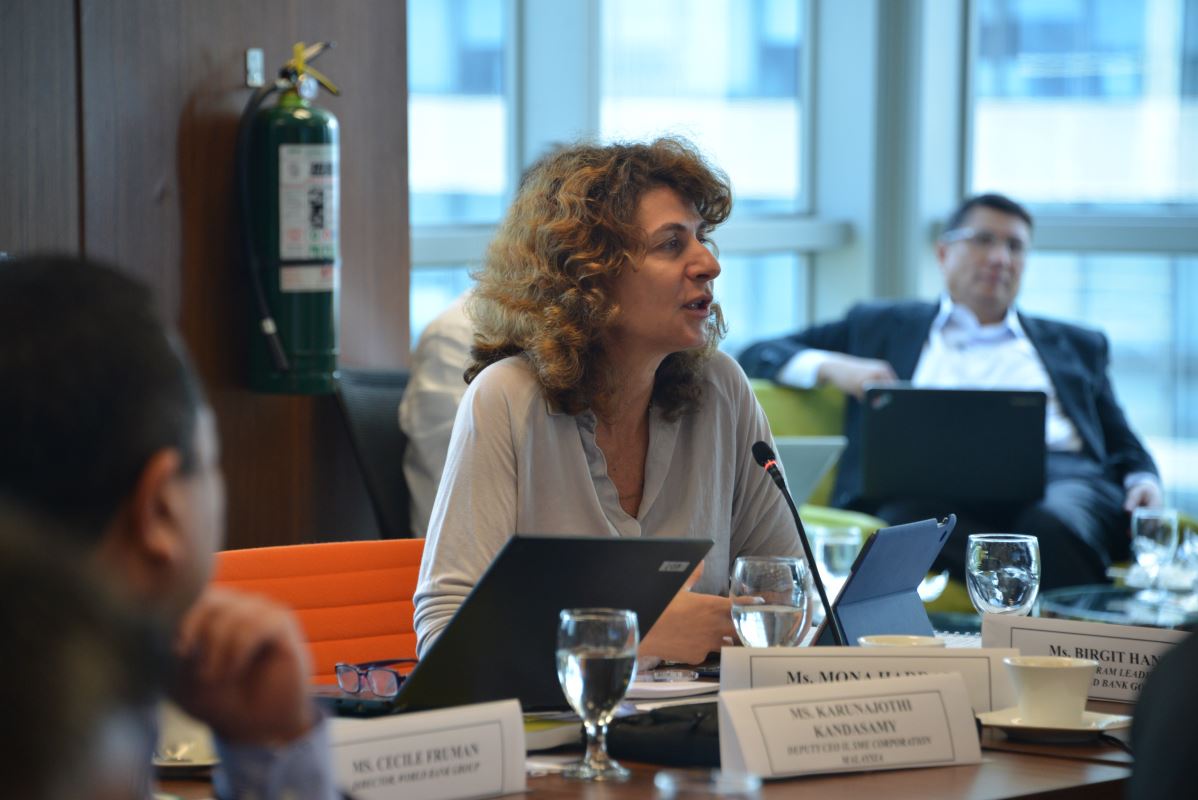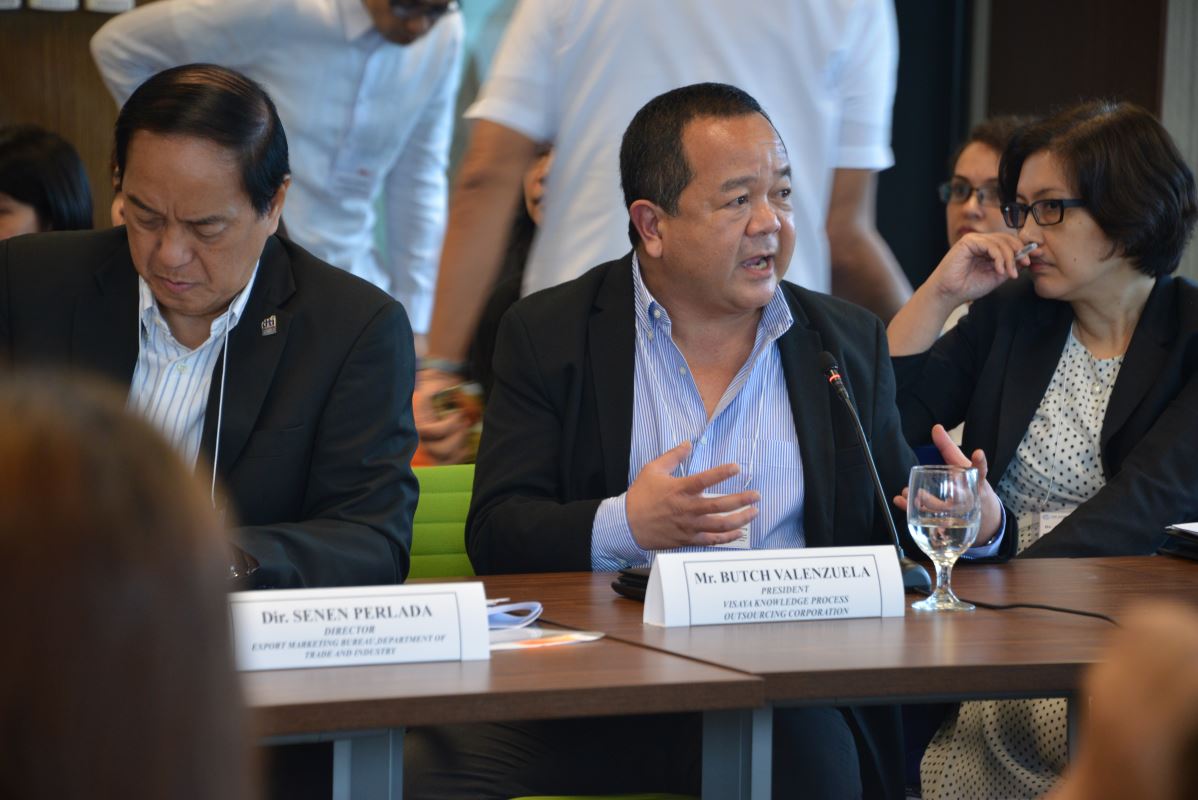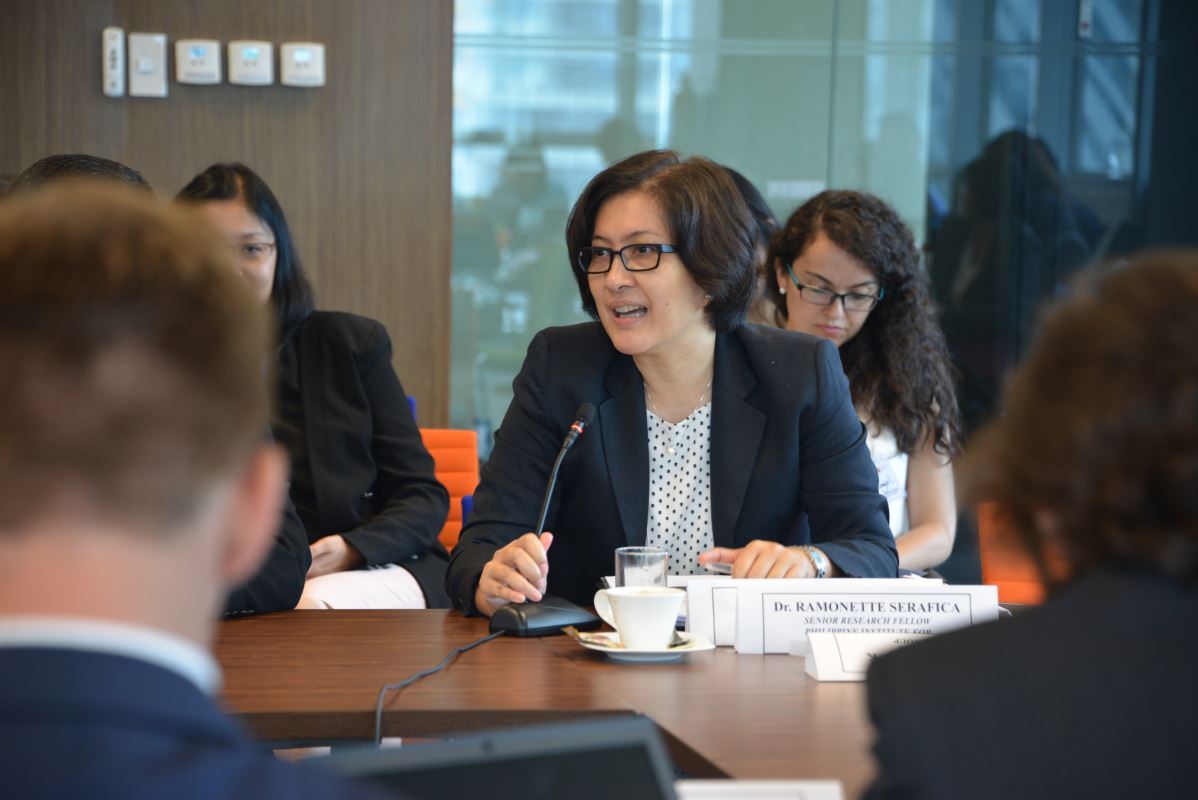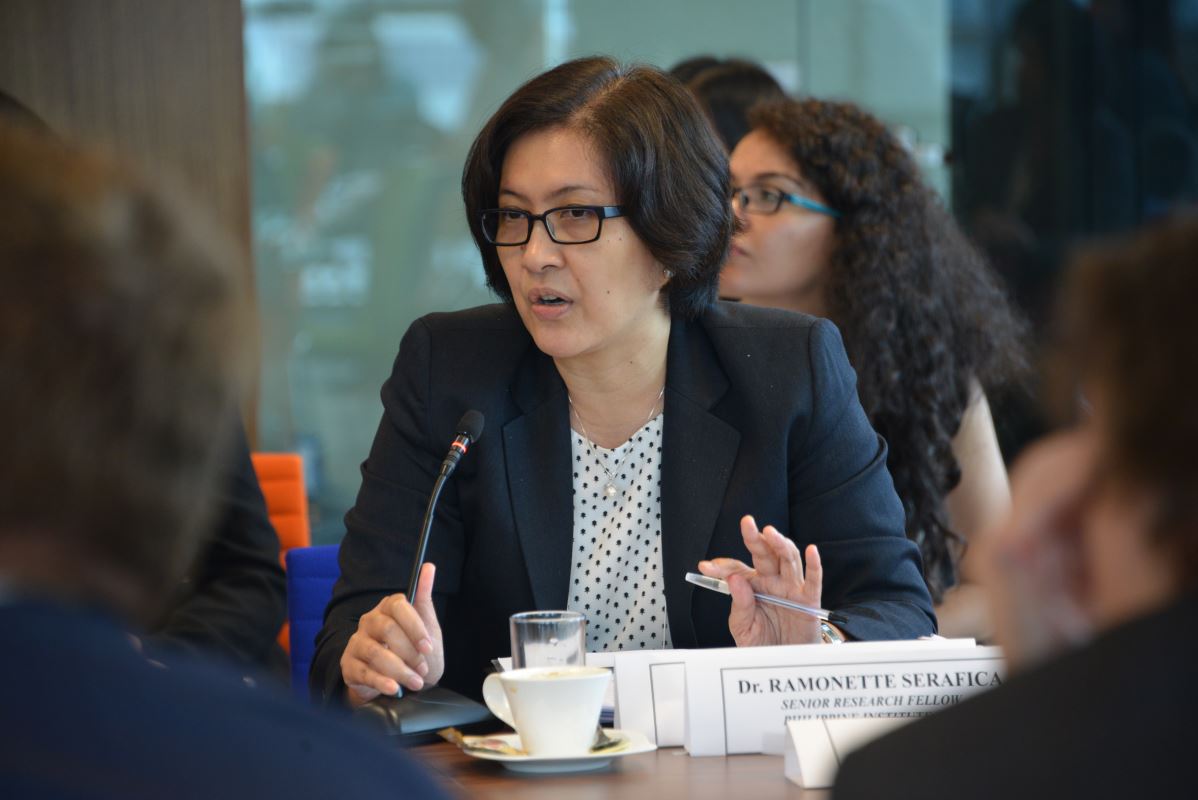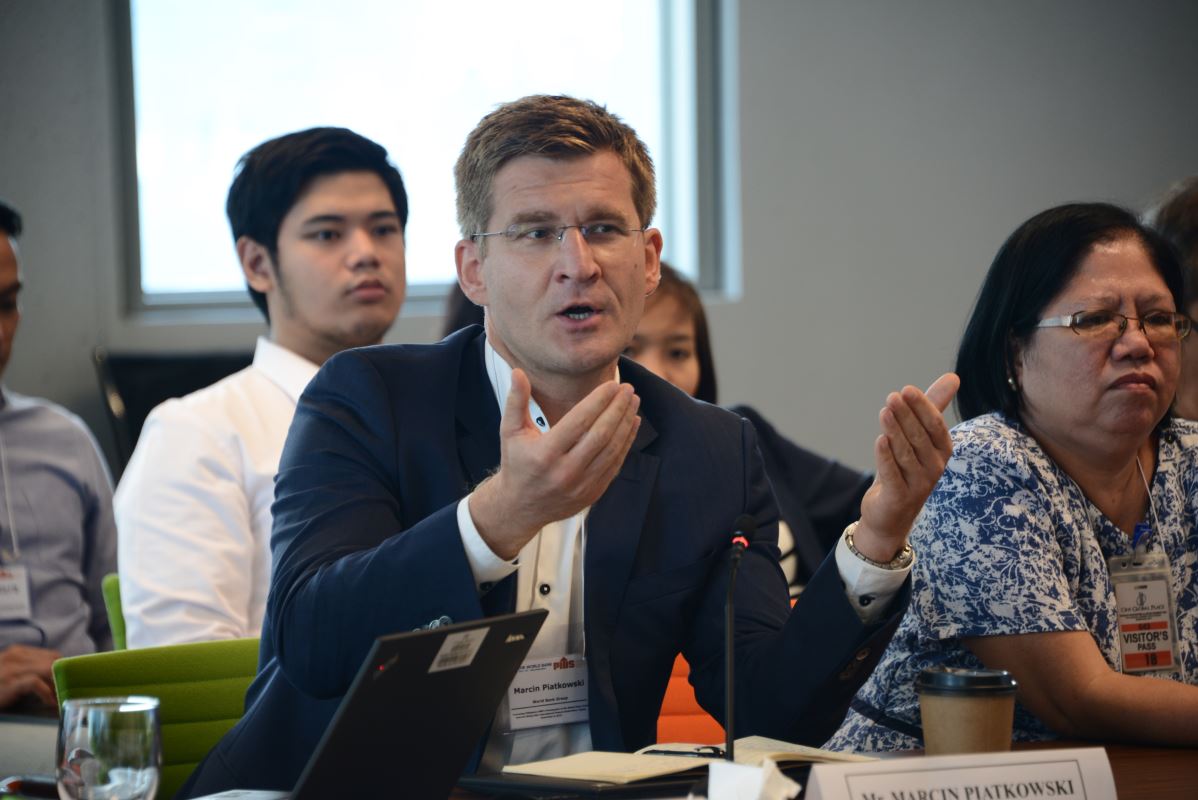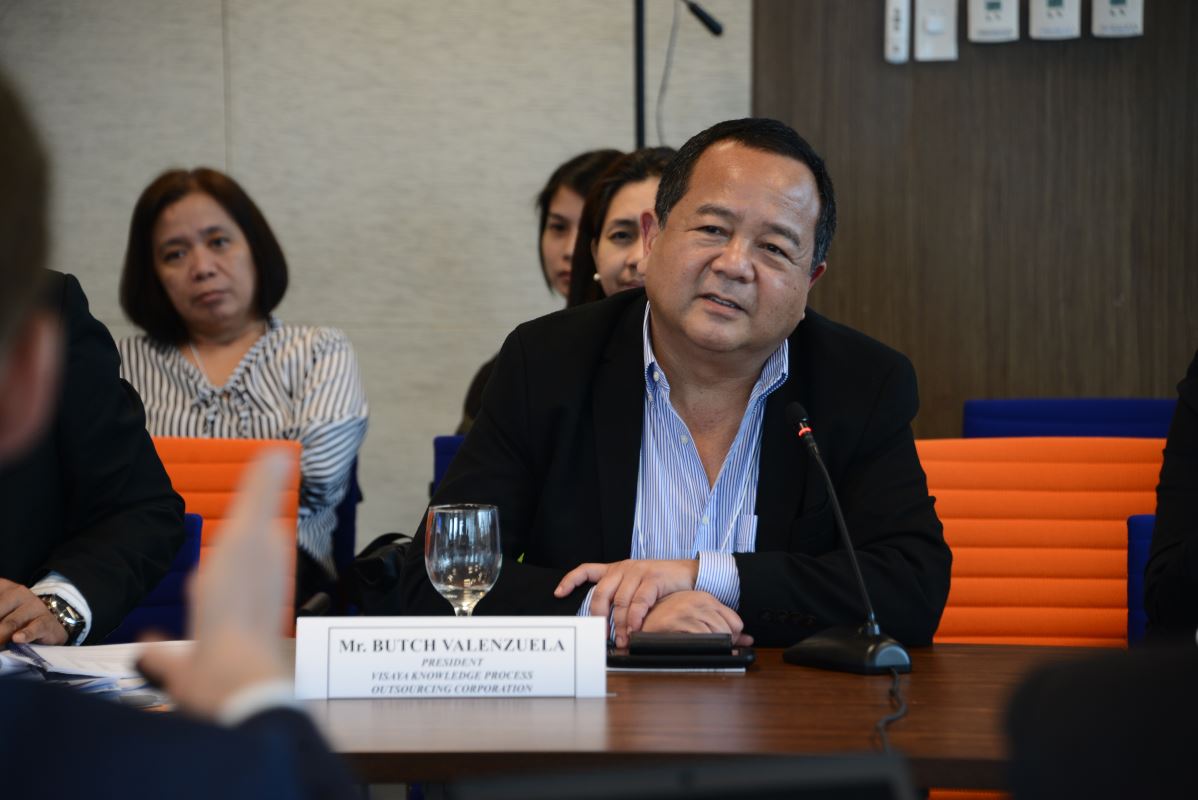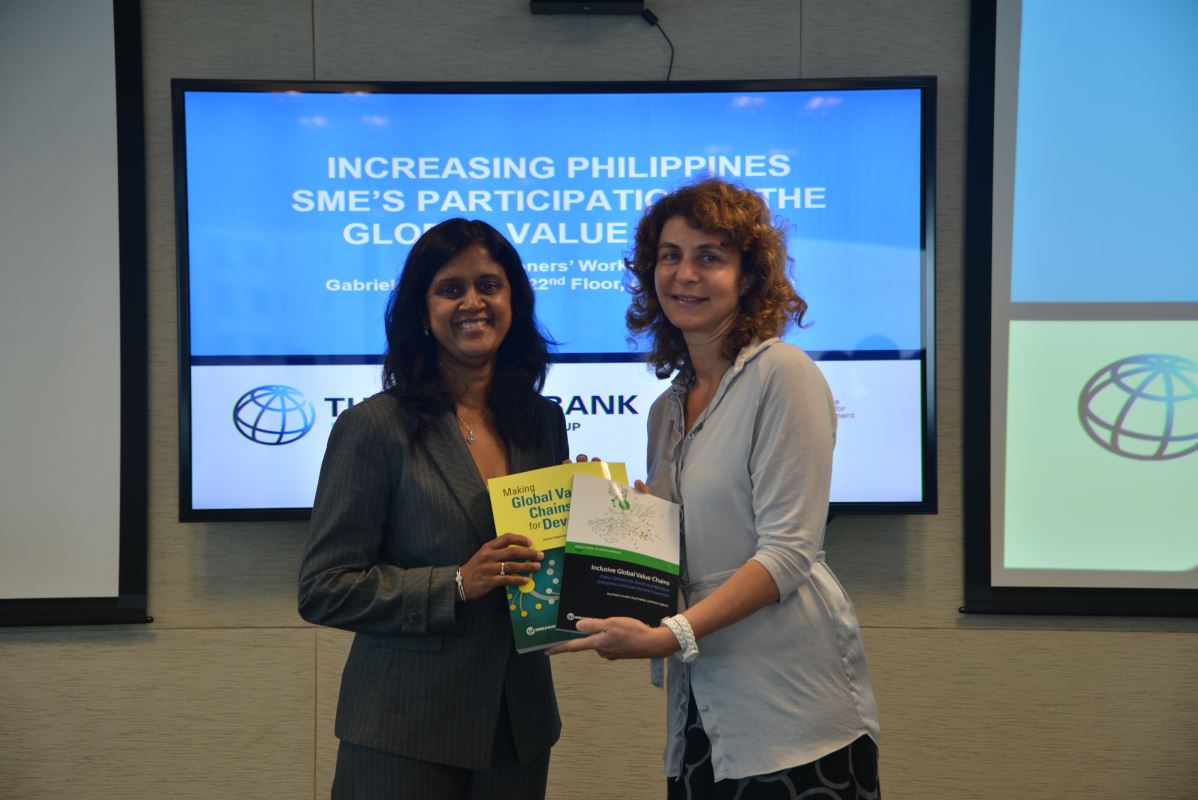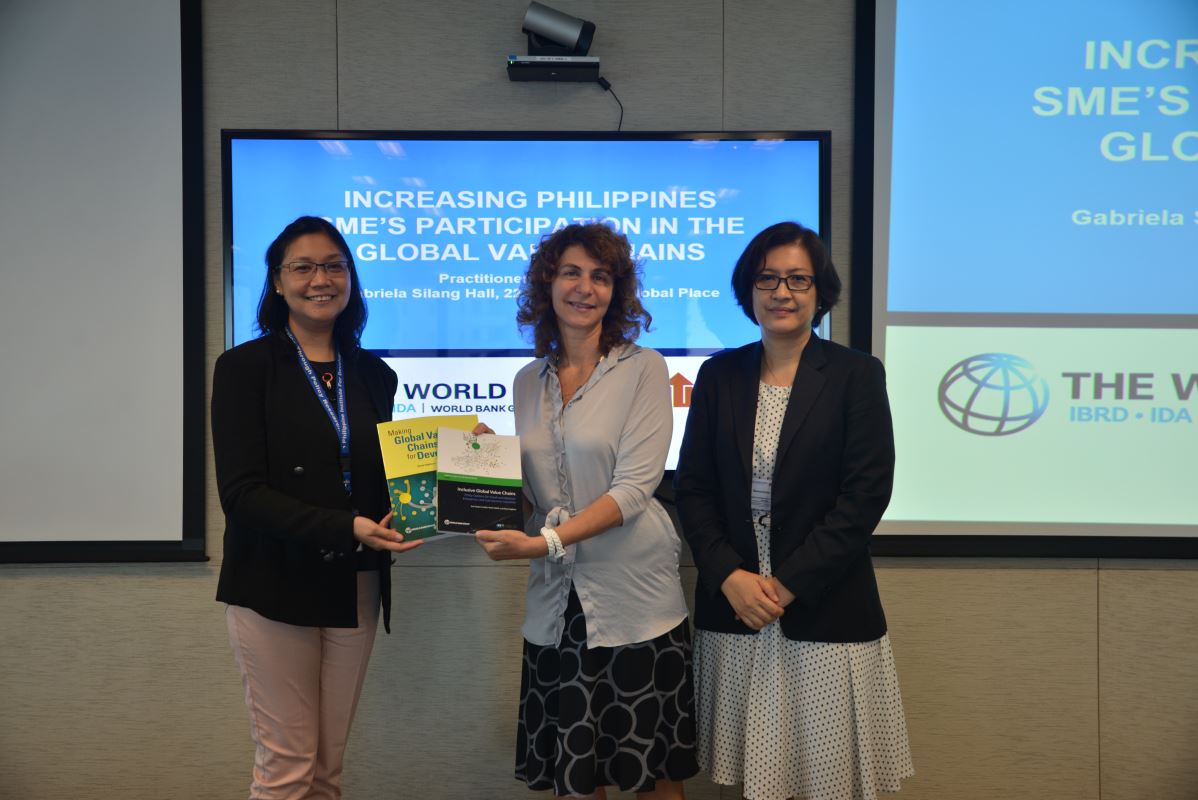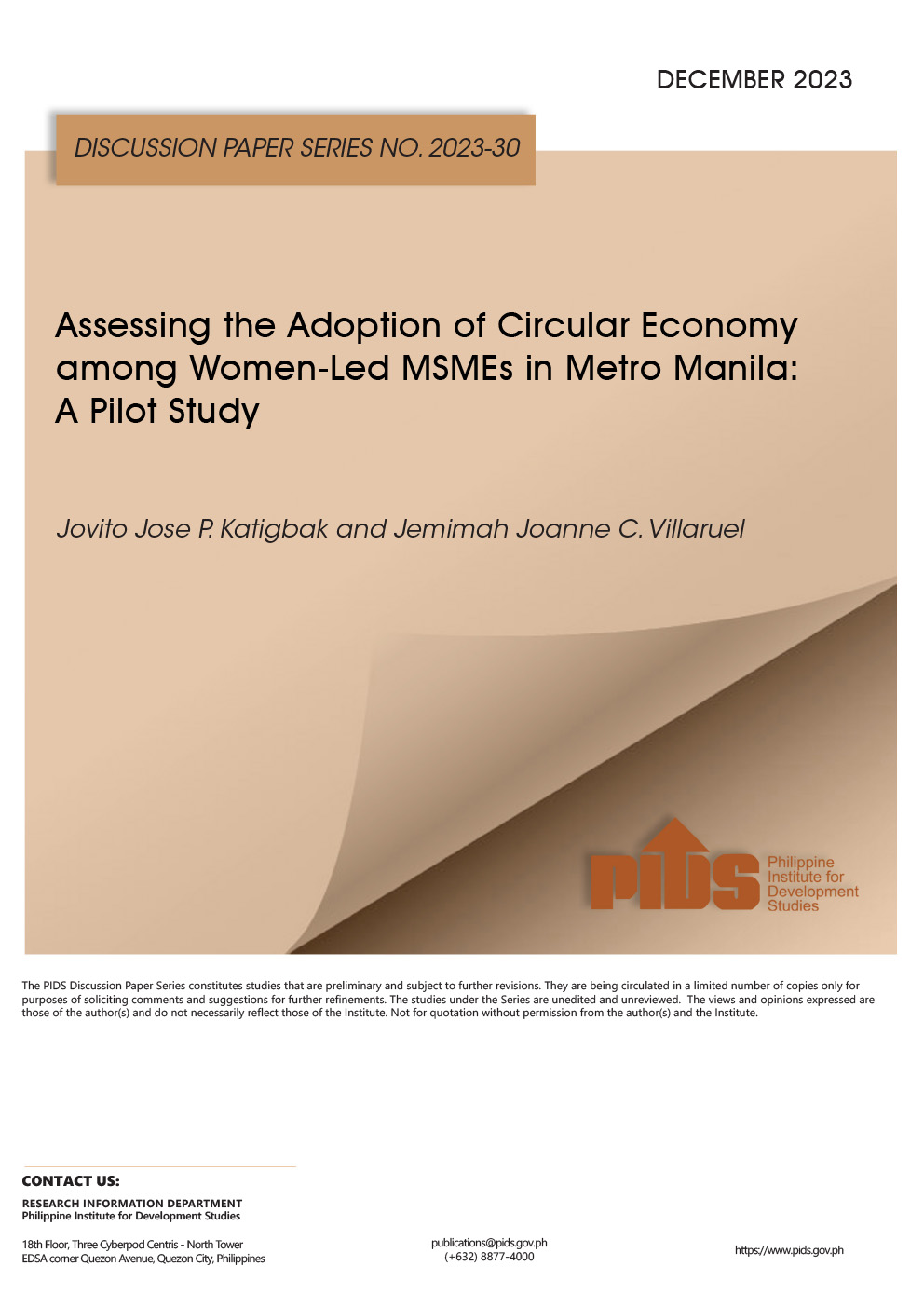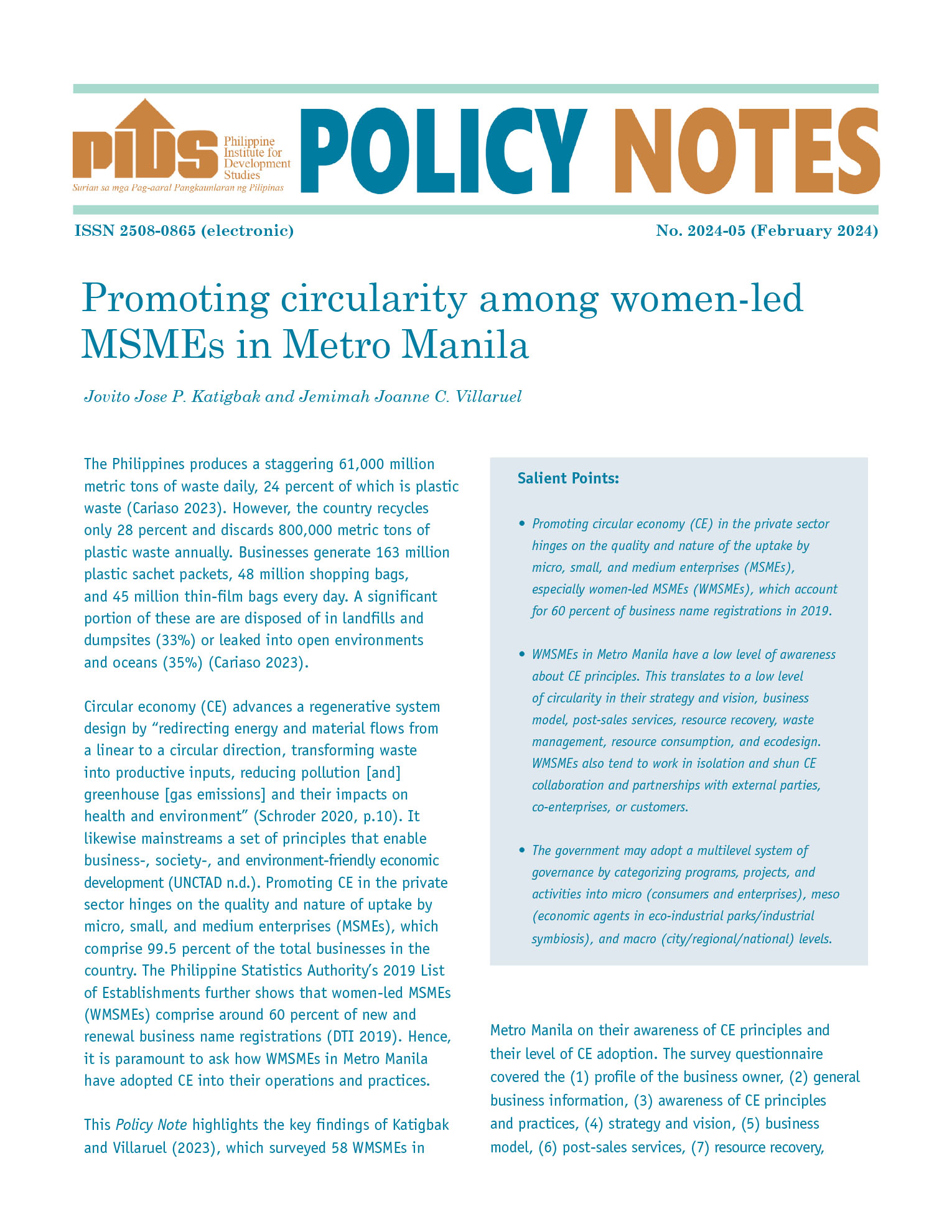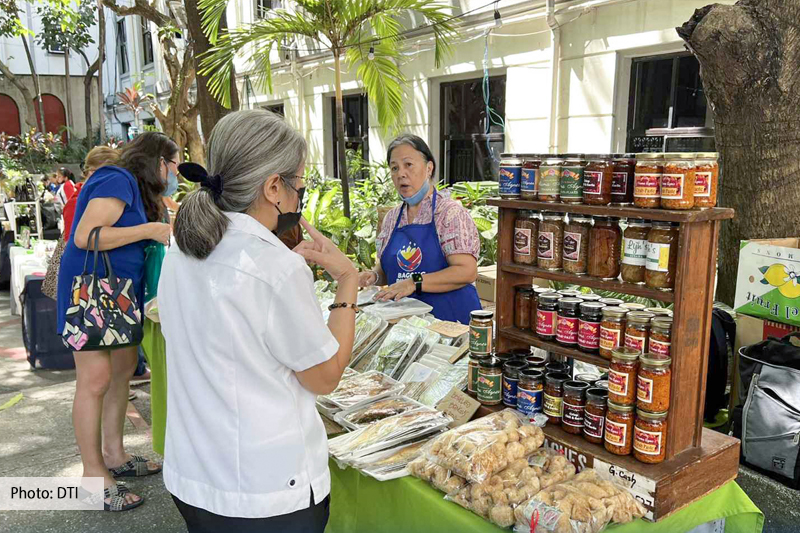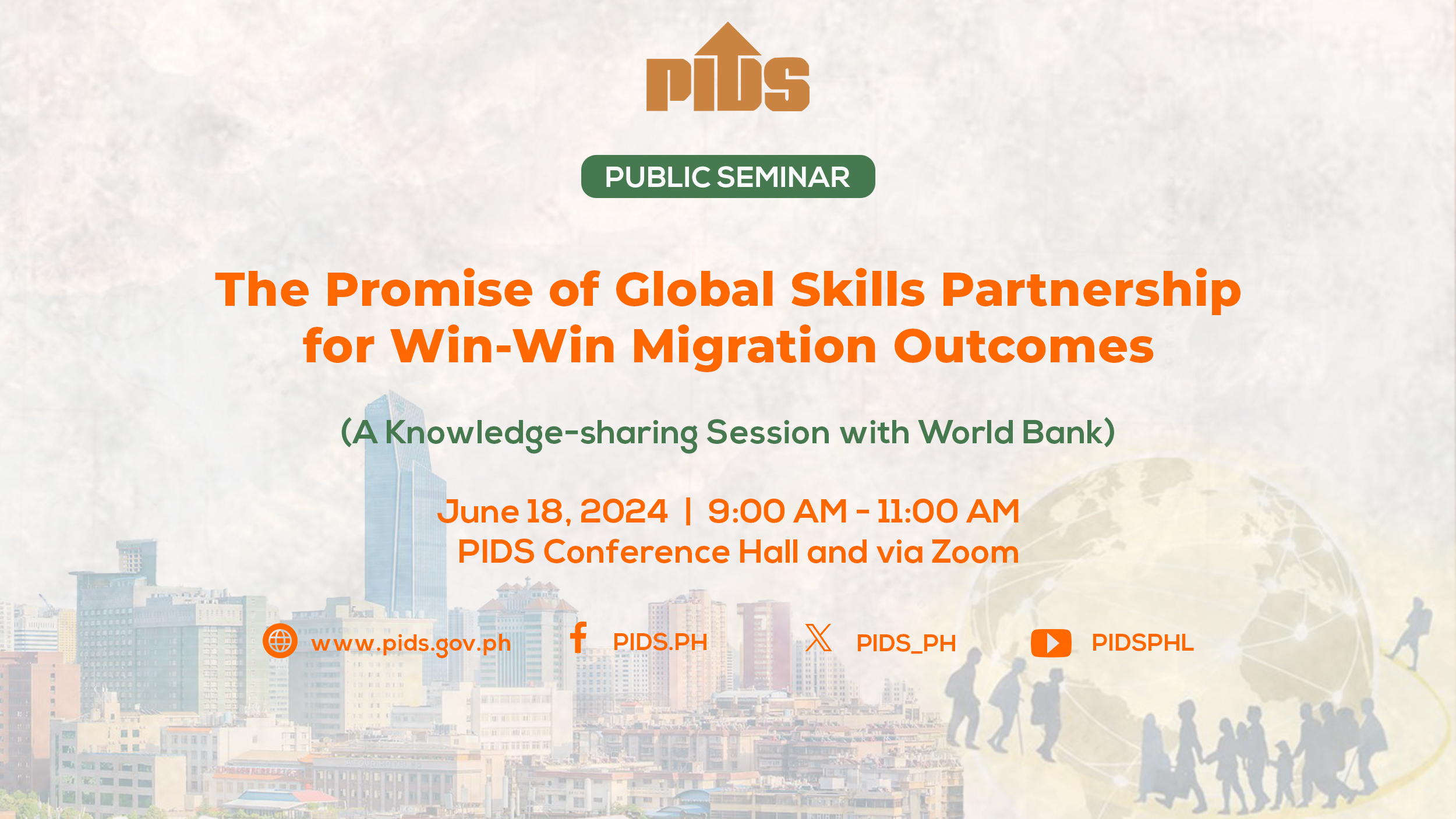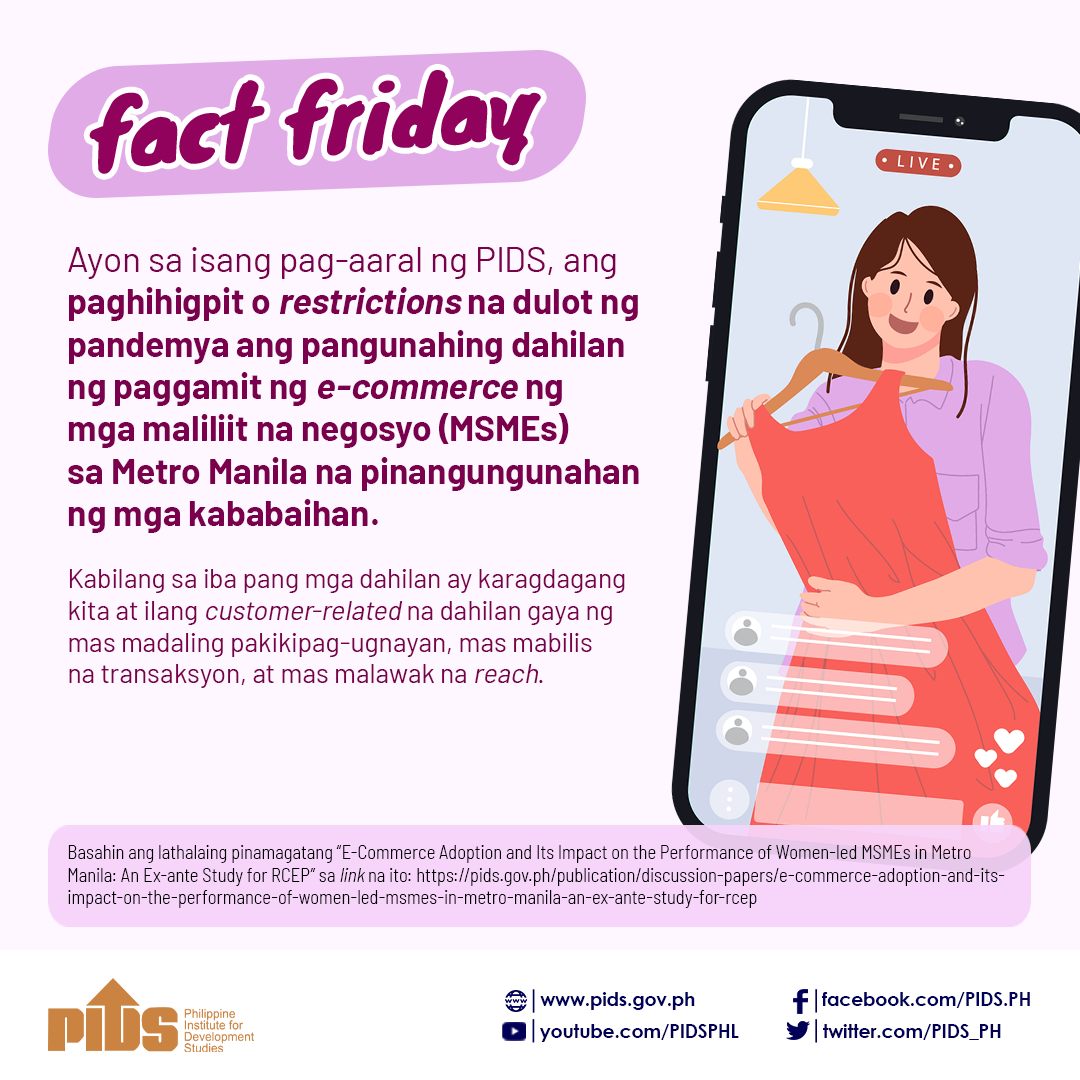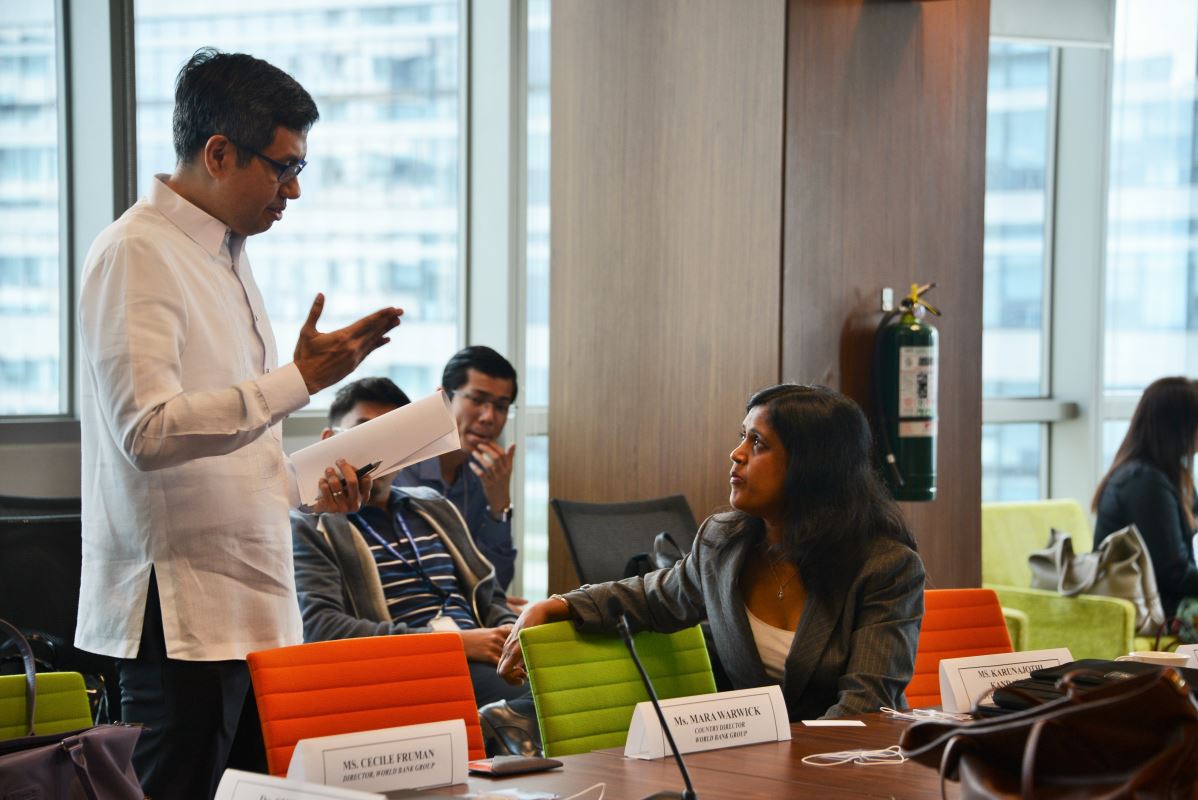
The Philippines’ micro, small and medium enterprises (MSMEs) play an important role in the economy. MSMEs represent 99 percent of enterprises in the country, almost two-thirds of the total jobs in the economy and slightly above one-third of the total value added. However, the growth potential of MSMEs is not fully leveraged. This is reflected in the (i) low rate of business entry (the Philippines is among the bottom 15 percent of countries with the lowest rate of newly registered firms), (ii) low productivity (labor productivity of MSMEs is about only one-third of that in Malaysia and one-twentieth of the MSME sector in high-income countries), and (iii) failure of most MSMEs to grow (the 2009 World Bank Enterprise Survey showed that after three years, only one percent of micro firms moved to the medium-size category). Most of the SMEs operate in low-productivity services, predominantly in the wholesale and retail sector. There also seems to be few high-growth SMEs, which in other countries are responsible for an important part of growth in value added and employment. Finally, most MSMEs jobs are informal and vulnerable to poverty.
The Philippine government is aware of these challenges and is convinced that the performance of the MSME sector is critical to continued fast GDP growth, job creation, and reduction in poverty.
In parallel, increased regional economic integration and globalization prompted the development of global value chains (GVCs) that relies on production flexibility, cost competitiveness, and lower business risk. Despite their capacity constraints, SMEs have proved to be important contributor to economic growth and employment. For SMEs to persist and grow in an increasingly challenging regional and global business environment, they need to adopt a new business model, one that focuses on skills and technology upgrading, innovation, and increased linkages with multinational enterprises (MNEs). Within the spectrum of SME definition, this would be more relevant for those that are in the category of higher SMEs.
Given the above backdrop, the workshop will focus on the ‘what’, ‘how’ and ‘who’ to increase Philippine SMEs’ participation in the GVCs by addressing the five key constraints to SME competitiveness: business environment, innovation and skills, access to finance, access to markets, and development of ICT/digital entrepreneurship,
The objective of the practitioners’ workshop is to help inform the government’s new “MSME Development Strategy 2016-2020” by (i) diagnosing the key constraints to SME development, (ii) offering solutions based on good international practice, and (iii) recommending optimal modalities of policy implementation.
The workshop will be a one-day seminar with panels of expert speakers and take place under the aegis of the Philippine Institute for Development Studies (PIDS) and the World Bank Group. Invitees will include representatives of the Philippine government, foreign delegates, private sector, social partners, and academia.
For more information, please contact : (02) 877-4033, look for Sheila Siar or email ssiar@mail.pids.gov.ph
The Philippine government is aware of these challenges and is convinced that the performance of the MSME sector is critical to continued fast GDP growth, job creation, and reduction in poverty.
In parallel, increased regional economic integration and globalization prompted the development of global value chains (GVCs) that relies on production flexibility, cost competitiveness, and lower business risk. Despite their capacity constraints, SMEs have proved to be important contributor to economic growth and employment. For SMEs to persist and grow in an increasingly challenging regional and global business environment, they need to adopt a new business model, one that focuses on skills and technology upgrading, innovation, and increased linkages with multinational enterprises (MNEs). Within the spectrum of SME definition, this would be more relevant for those that are in the category of higher SMEs.
Given the above backdrop, the workshop will focus on the ‘what’, ‘how’ and ‘who’ to increase Philippine SMEs’ participation in the GVCs by addressing the five key constraints to SME competitiveness: business environment, innovation and skills, access to finance, access to markets, and development of ICT/digital entrepreneurship,
The objective of the practitioners’ workshop is to help inform the government’s new “MSME Development Strategy 2016-2020” by (i) diagnosing the key constraints to SME development, (ii) offering solutions based on good international practice, and (iii) recommending optimal modalities of policy implementation.
The workshop will be a one-day seminar with panels of expert speakers and take place under the aegis of the Philippine Institute for Development Studies (PIDS) and the World Bank Group. Invitees will include representatives of the Philippine government, foreign delegates, private sector, social partners, and academia.
For more information, please contact : (02) 877-4033, look for Sheila Siar or email ssiar@mail.pids.gov.ph
Gallery Images:

